23+ Sample Course Project Proposal
-
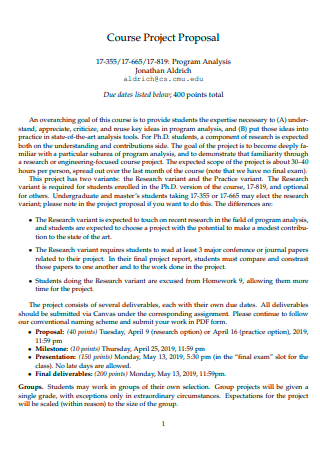
Course Project Proposal Template
download now -
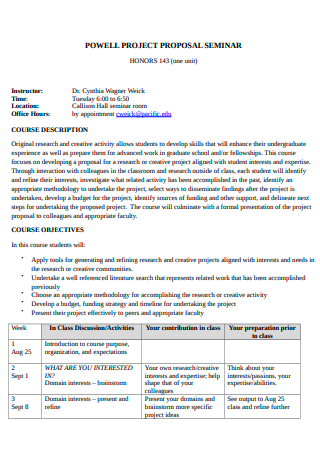
Course Project Proposal Seminar
download now -
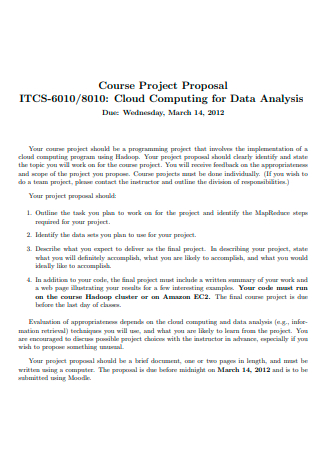
Basic Course Project Proposal
download now -
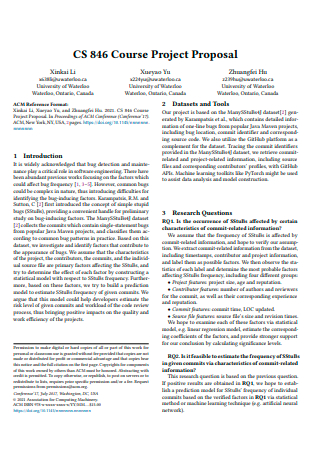
Course Project Proposal in PDF
download now -
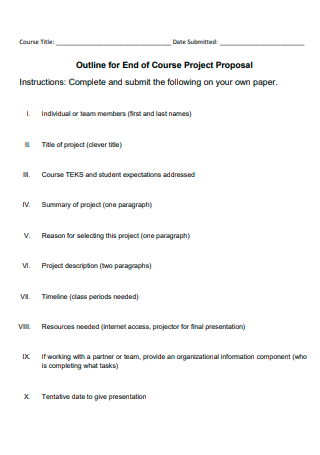
Course Project Proposal Outline
download now -
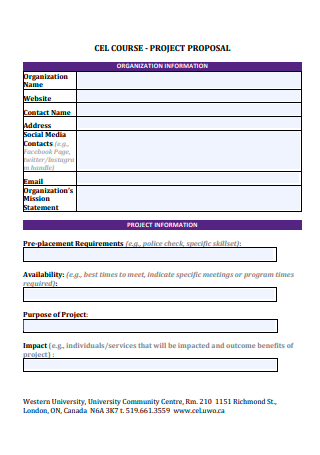
Formal Course Project Proposal
download now -
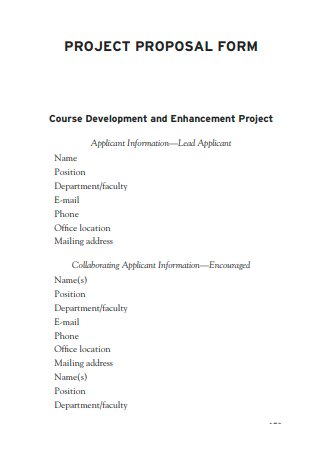
Course Development and Enhancement Project Proposal Form
download now -
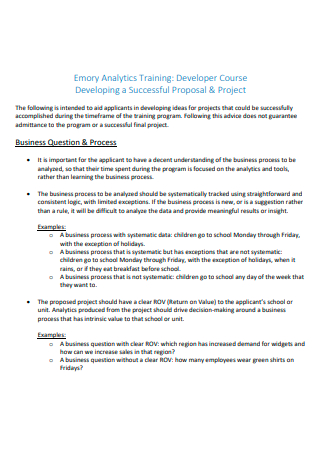
Developer Course Project Proposal
download now -
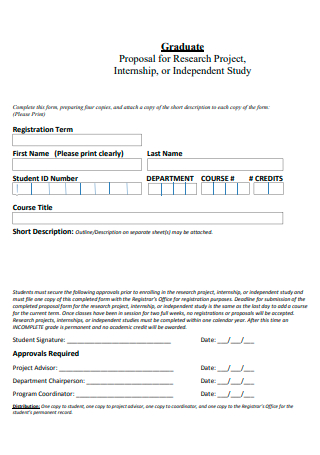
Simple Course Project Proposal
download now -
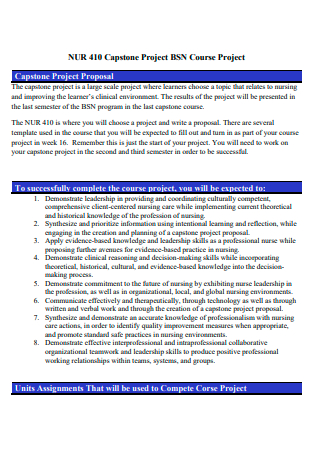
Printable Course Project Proposal
download now -
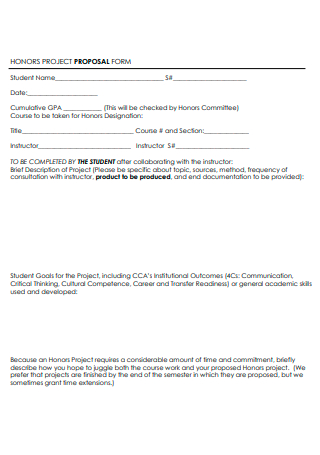
Course Honors Project Proposal Form
download now -
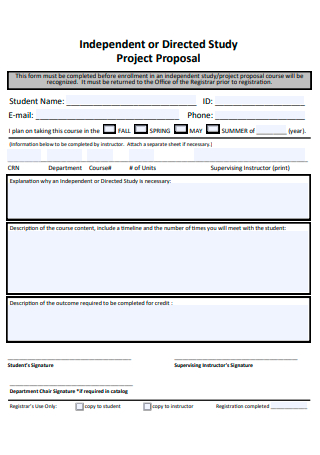
Course Project Proposal Example
download now -
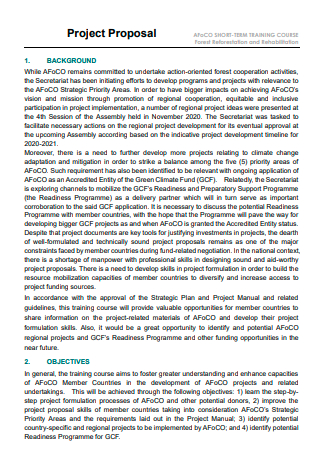
Training Course Project Proposal
download now -
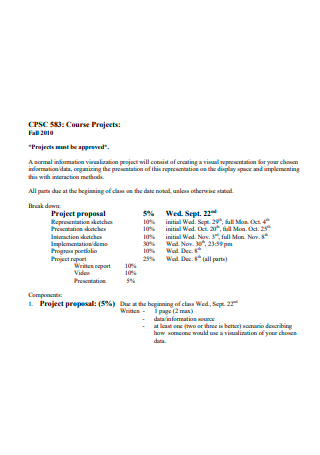
Standard Course Project Proposal
download now -
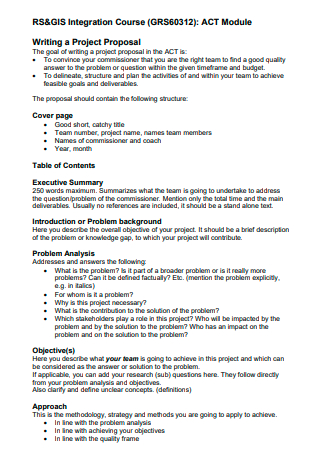
Integration Course Project Proposal
download now -
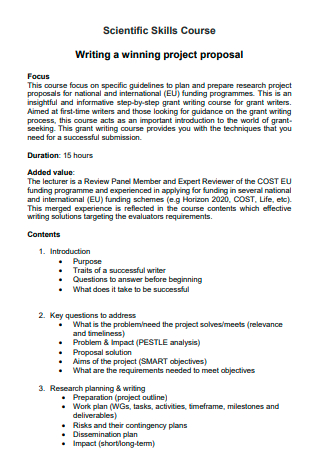
Scientific Skills Course Project Proposal
download now -
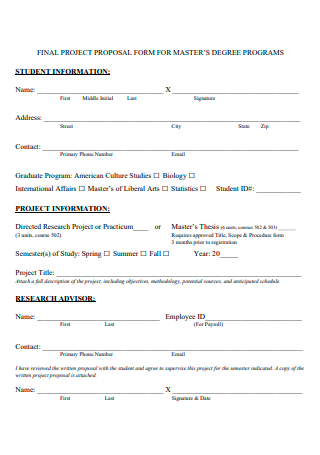
Course Final Project Proposal
download now -
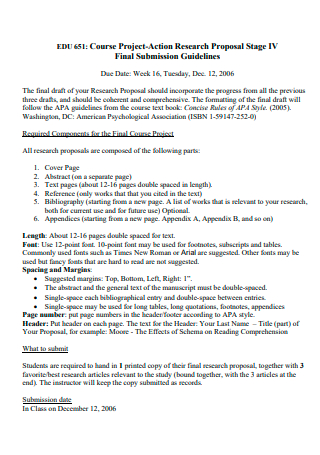
Course Project Action Research Proposal
download now -
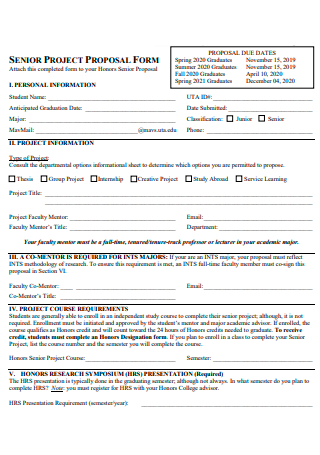
Course Senior Project Proposal Form
download now -
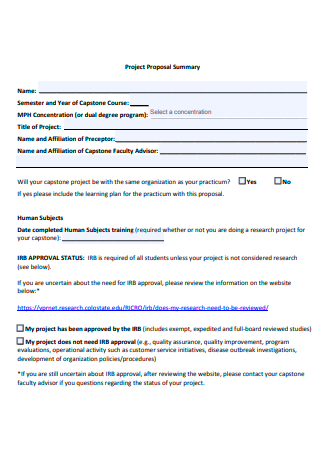
Course Project Proposal Summary
download now -
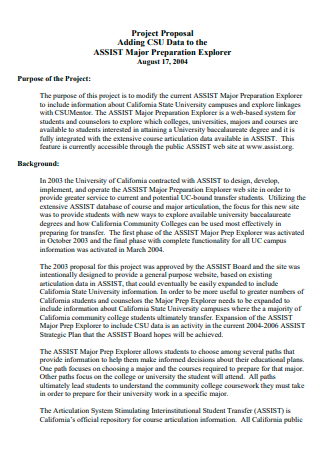
Draft Course Project Proposal
download now -
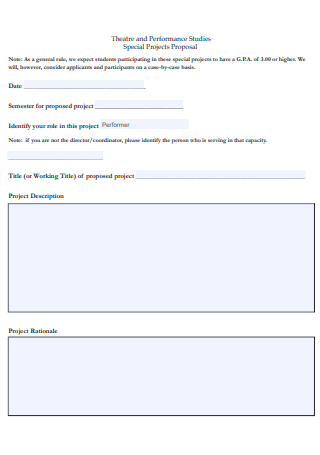
Special Course Project Proposal
download now -
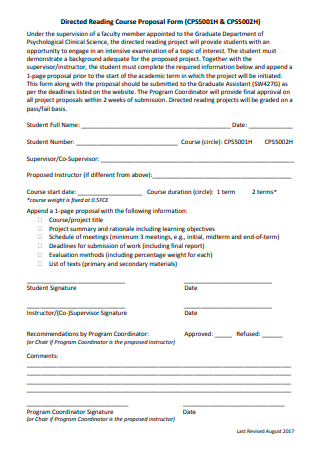
Directed Course Project Proposal Form
download now -
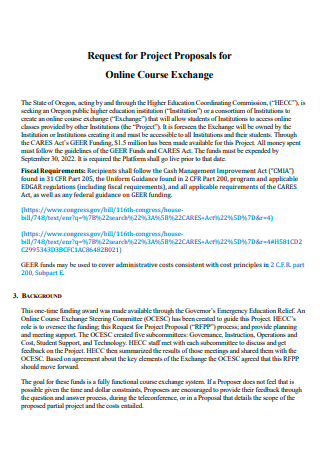
Online Course Exchange Project Proposal
download now
FREE Course Project Proposal s to Download
23+ Sample Course Project Proposal
What Is a Course Project Proposal?
What Are Forms of Courses?
Course Projects to Take in College
Steps in Writing a Course Project Proposal
FAQs
What is the best way to develop an academic course proposal?
What information should be included in a course proposal?
What is the length of a course proposal?
What Is a Course Project Proposal?
When writing a course project proposal, it is important to include information about the course, including the title, the description of what is to be covered, the course material to be covered, and the grading system as well as any other important facts that pertain to the course. Whatever the course, whether it’s for a high school or an undergraduate level, the proposal must be comprehensive and instructional in nature. According to a Top Universities post released online, Computer Science and Information Systems ranked first on the list of the most popular academic fields. Engineering and technology studies and business management studies come in second and third, respectively, and are very close to one other.
Other templates are available on our website, and you can use them whenever you need them. They are as follows: course proposal, bid proposal, security bid proposal, school project proposal, academic course proposal, club strategic plan, new course proposal, research project proposal, real estate project proposal, payment invoice, and other similar templates are available. This post will not only provide you with templates but will also provide you with important information that you need to know in order to complete your template.
What Are Forms of Courses?
When it comes to courses, there can be a range of techniques and kinds of learning that a student can take advantage of. The following are only a few examples of sorts of academic courses that are a way to reach learning objectives.
1. Lectures
Lectures are fundamental to any academic program. It is undoubtedly one of the most prevalent and basic techniques of instruction. These are often held in enormous lecture halls with a single lecturer or many resource speakers presenting the talk. Whether it is in medical school, business school, or college, lectures are easy and uncomplicated ways to create learning and get a concept across. Lectures are frequently for big groups of individuals, from several dozens of students to an audience of hundreds of participants. Lectures are flexible and reasonably straightforward to pull off due to their basic prerequisites. You should also see our student proposal.
2. Discussions
Discussions are comparable to lectures only in that they are often addressed at smaller groups. Unlike a lecture where up to hundreds of people can attend, small group discussions are more intimate and they have the opportunity for more in-depth sharing. Focused group discussions are appropriate for students and educational settings. Whereas lectures have the main speaker primarily dominating the session, the conversation provides the opportunity for all participants to engage and share knowledge and information. You should also see our music project proposal.
3. Laboratory
Academic courses, particularly science-related courses, are known for a range of classes held in laboratories. Whether it be chemistry, physics, botany, zoology, or even environmental science, the scientific method involves experimentation and rigorous research. Thus, laboratory classes are essential in order to establish facts and prove theories. Academic courses such as science and engineering studies require many laboratory classes for several distinct areas. A laboratory is different from a regular classroom setting. And depending on the course, each laboratory may have specialized equipment and facilities that cater to a specific subject or area of study. You should also see our Dance grant proposal
4. Seminar
Similar to lectures, a seminar can also be an excellent instrument for academic learning. Seminars may also be held throughout a defined time period. Workshops that target specific skill sets or teach certain knowledge are useful not just for students, but for professionals who seek career growth as well. Whereas lectures are normally part of a series of subjects, seminars and workshops can either be part of a broader series or just a one-time event. Depending on the course, a seminar may be an academic requirement as a supplement to normal lectures and classroom discussions.
5. Studio
Many institutions feature fine arts programs that provide undergraduate degrees in theater, music, creative writing, visual arts, art management, and other related fields. These creatively-minded academic courses also come with innovative learning methods. If laboratories are normally for science and engineering-related courses, a studio can be used to cater to fine arts-related academic courses. For example, drawing, painting, or even sculpting courses and lessons can be held in an art studio specialized for it. Because just like a laboratory, certain particular facilities and tools can be found in a studio that is specifically for art classes or fine arts students.
Course Projects to Take in College
During a student’s general education. Several essential subjects are necessary as part of the basic educational curriculum. Some Educational Institutions may choose to change the courses to meet their organizational needs. The following five examples are wide and basic core courses most schools offer:
Steps in Writing a Course Project Proposal
To prepare a course project proposal, simply follow the steps outlined below in an organized manner. For greater convenience and efficiency, you can easily select any of the modifiable templates listed above rather than starting from scratch.
-
Step 1: Specify the Learning Objectives for the Class.
Was there a specific reason for offering this particular academic course in particular? The Learning Objectives should be established first in your proposal’s introduction, before moving on to the rest of the proposal. Make a list of the individual learning objectives for each student. What can a student expect to gain or receive as a result of participating in an academic course program? What are the benefits of a student completing the required number of units and completing the academic course? It is critical to state these at the outset so that the broader educational community is aware of what is expected of them. Additionally, knowing the objectives may aid in essential administrative decision-making as well as facilitating major instructional decisions. You should also see our campaign proposal.
-
Step 2: Describe the Specifics of the Course.
The following portion of your academic course proposal should include all of the pertinent information about the course itself. Include the course description, course title, implementation date, course overview, grading system, Enrollment Data, prerequisite guidelines, course units or credits, and any other pertinent information. Because it is a proposal, you must present not just correct material, but also compelling information that will persuade school administrators to enable the implementation of your suggested course project to proceed.
-
Step 3: Create the Core Curriculum.
It is necessary to go one step further once you have covered all of the course information by establishing and discussing in full the core curriculum. It is essentially a detailed explanation of the course description and the topics that will be discussed. Your proposal must include a Comprehensive Syllabus outlining all of the themes and subjects that will be covered throughout the academic course you are proposing. In order for your proposal to be approved, you will need to demonstrate that your core curriculum has been well-prepared. Developing a structured and organized course outline is essential because many of the arguments for approval of your proposal will be based on how well-prepared your core curriculum has been.
-
Step 4: Create a Timetable for Your Project.
Finally, your course project proposal should include a Projected Timeline that outlines the subjects and lessons that will be covered within the course’s duration. A standard four-year college degree is made up of a combination of core subjects, major courses, and minor or elective courses, among others. Because of this, it is critical to plan out the program and time range for each subject. Do not forget to include the session date as well as the planned time for each subject in your proposal. For a more ordered timeline schedule for your course project proposal, you might choose to make a table or chart instead of writing it out.
FAQs
What is the best way to develop an academic course proposal?
To prepare an academic course proposal, you must first identify the learning goals or objectives that will be covered. As soon as you have covered the objectives, provide as many critical facts as you can, such as the course title, course description and curriculum, timeframes and timetables, and the planned class size, among other things. For a more in-depth overview of the steps, please refer to the material provided above.
What information should be included in a course proposal?
A typical course proposal should include the following information: the course title, planned curriculum, syllabus, expected timetable, medium of instruction, number of units or credits, and any other pertinent information.
What is the length of a course proposal?
In an ideal situation, a course proposal would be succinct but detailed enough to allow the reader to gain a thorough understanding of the course and its prerequisites from it. Although a single page or a couple of pages might be plenty, the main thing to remember is to avoid making your proposal unnecessarily lengthy.
Introducing a new academic subject can be time-consuming and difficult. For more efficiency and convenience, however, you can use an existing template from the extensive collection of time-saving Sample Proposals listed above, which will save you time and energy. Explore the images in this gallery right now to get started!
